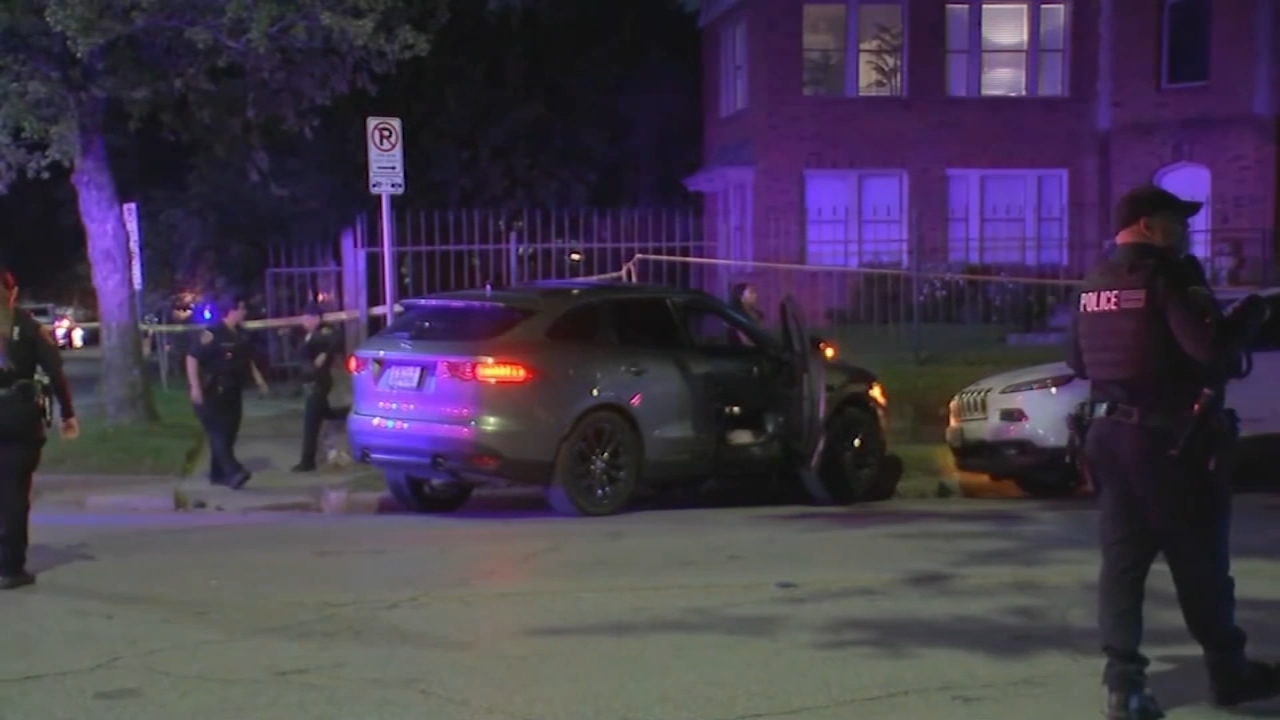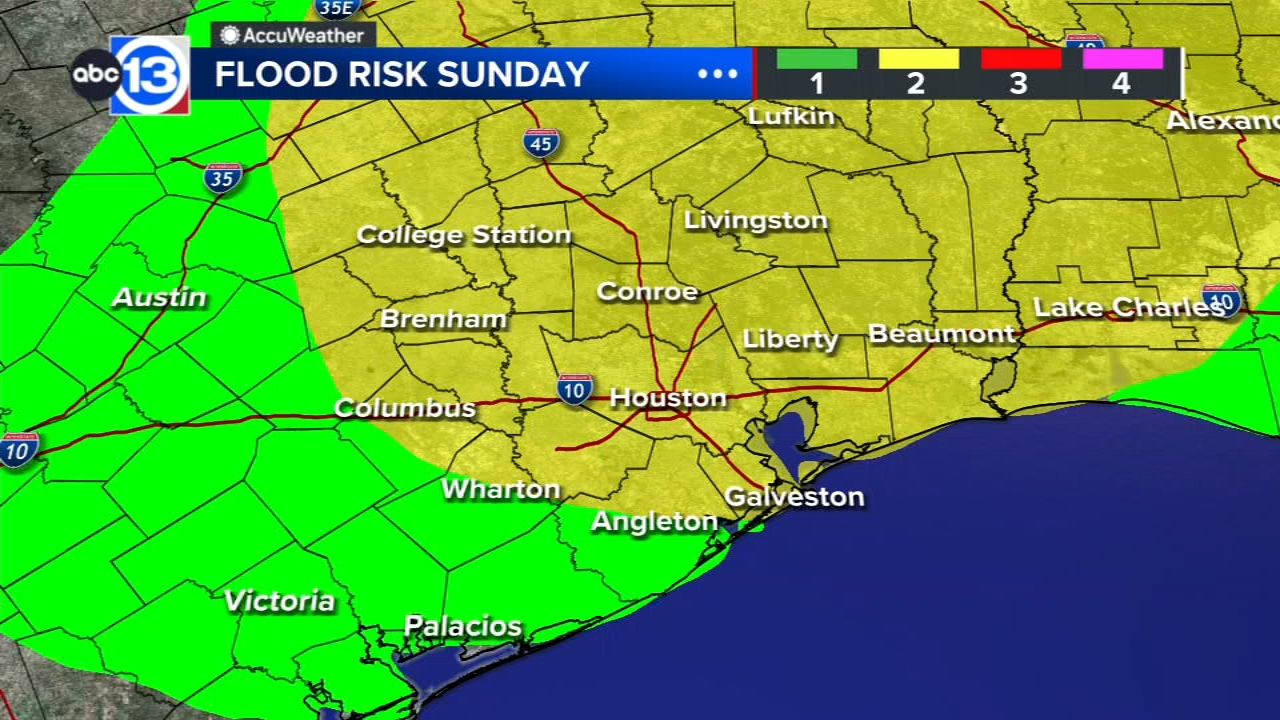Texas will have an $18.6B surplus and avoid a recession, comptroller projects
AUSTIN, Texas -- Texas is likely to avoid an anticipated recession and, on the contrary, is projected to have more than $18 billion in unspent money at the end of this two-year budget cycle, thanks to an unexpected increase in state revenue in recent months, Comptroller Glenn Hegar said Thursday.
"Despite sharply higher interest rates, household budgets stressed by inflation and adverse economic conditions among major trading partners, the national economy has continued to grow," Hegar said in his Certified Revenue Estimate, updating how much money lawmakers will have to spend. "Meanwhile, the Texas economy has outperformed the national economy, and the economic outlook included with this revenue estimate does not assume a recession in Texas."
The news comes days before lawmakers are set to enter a special session fight that is expected to be over public school funding, teacher pay raises, school vouchers, and potentially other issues that have caught Republican Gov. Greg Abbott's interest recently.
The updated comptroller's report raises the amount of revenue available over the 2024-25 cycle from $188.2 billion - what lawmakers assumed they would have available to spend when they passed the budget in May - to $194.6 billion.
It also predicts that the state's rainy day fund, known as the Economic Stabilization Fund, will have a balance of $23.8 billion.
The new estimate projects an increase of 24.8% in available spending in this budget over the 2022-23 cycle that ended in September.
Lawmakers in May passed a $321.3 billion budget for the cycle that ends in September 2025. They meet again to pass a new budget in January 2025 for the following two-year cycle. At the beginning of this year, lawmakers entered their regular legislative session with a historic $32.7 billion surplus.
A number of constitutional amendments that will be decided by voters will ultimately determine how much money is left in state coffers at the end of the two-year cycle, including a $1.5 billion effort to expand broadband, a $1 billion Texas Water Fund to pay for infrastructure and potentially a homestead exemption if lawmakers agree on a property tax-relief plan.
In November, voters will decide on whether to spend $27 billion in state taxes on several programs, including property tax relief, water infrastructure, research institutions and other big-ticket items.
Even if all are approved, the state was already expected to have at least a $10 billion surplus going into the next two-year cycle in 2025, a number Hegar nearly doubled in his projection on Thursday.
During the regular session this year, lawmakers approved $4.5 billion in new spending for schools to use for programs like teacher pay raises, but it was tied to highly-divisive legislation that would have created a voucher program letting some parents use that money for private school tuition.
The teacher pay raises proposal died when the voucher program died, but lawmakers have a chance to revive them both next week. Abbott has promised at least two special sessions to let them come to a deal, and then said he will push his pro-voucher position in next year's primaries if a program isn't passed.
Hegar hinted at such a rosy economic outlook for Texas last month at The Texas Tribune Festival, saying that an increase in collections from insurance claims - for which insurance providers are taxed by the state - would bring an unexpected jump in revenue for this cycle.
Meanwhile, public education in Texas is reaching a financial crossroads, with lawmakers heading into one of the more contentious battles in the Legislature over how much money to give public school districts, how much pay to give teachers and how much private-school tuition to give to parents.
"We need to take advantage (and) invest in public education," Hegar said in his Sept. 22 interview about the revenue increase. "We need to invest in our teachers. We need to invest in those that are front line, that are educating the future workforce."
On Thursday, Hegar stopped short of saying lawmakers should spend the additional $6.5 billion in available funds on teachers or public schools or vouchers. He generally stays away from policy-driven budget fights.
But he did, again, note the timing, saying that his new estimate "also serves as an estimate of available revenue for the third called session expected to begin Oct. 9."
Houston Democratic Rep. Armando Walle, a House budget writer, urged that lawmakers consider adding more funding to the education system now that lawmakers are flush with extra spending power.
"With our state's abysmal per-pupil spending and lagging educator salaries, we have an opportunity here to put Texas kids first and give our public schools the resources they need to thrive," Walle said in a statement. "To put our constituents' hard-earned tax dollars anywhere else would be an affront to Texas families, and a waste of a tremendous opportunity to invest in the future leaders of this state."
In his Thursday estimate, Hegar stipulated, as he did last month and as he did in January, that the forecast is conservative based on potential disruptions to the economy in the future. It's a warning he frequently makes to lawmakers who advocate spending most or all of the surplus.
"In view of the significant risks to the economic outlook, revenue is estimated conservatively for the 2024-25 biennium," Hegar said. "It may well turn out that robust economic growth, and consequently revenue growth, will continue unabated. But it would not be prudent to simply assume that will be the case."
The Texas Tribune is a nonprofit, nonpartisan media organization that informs Texans - and engages with them - about public policy, politics, government and statewide issues.








